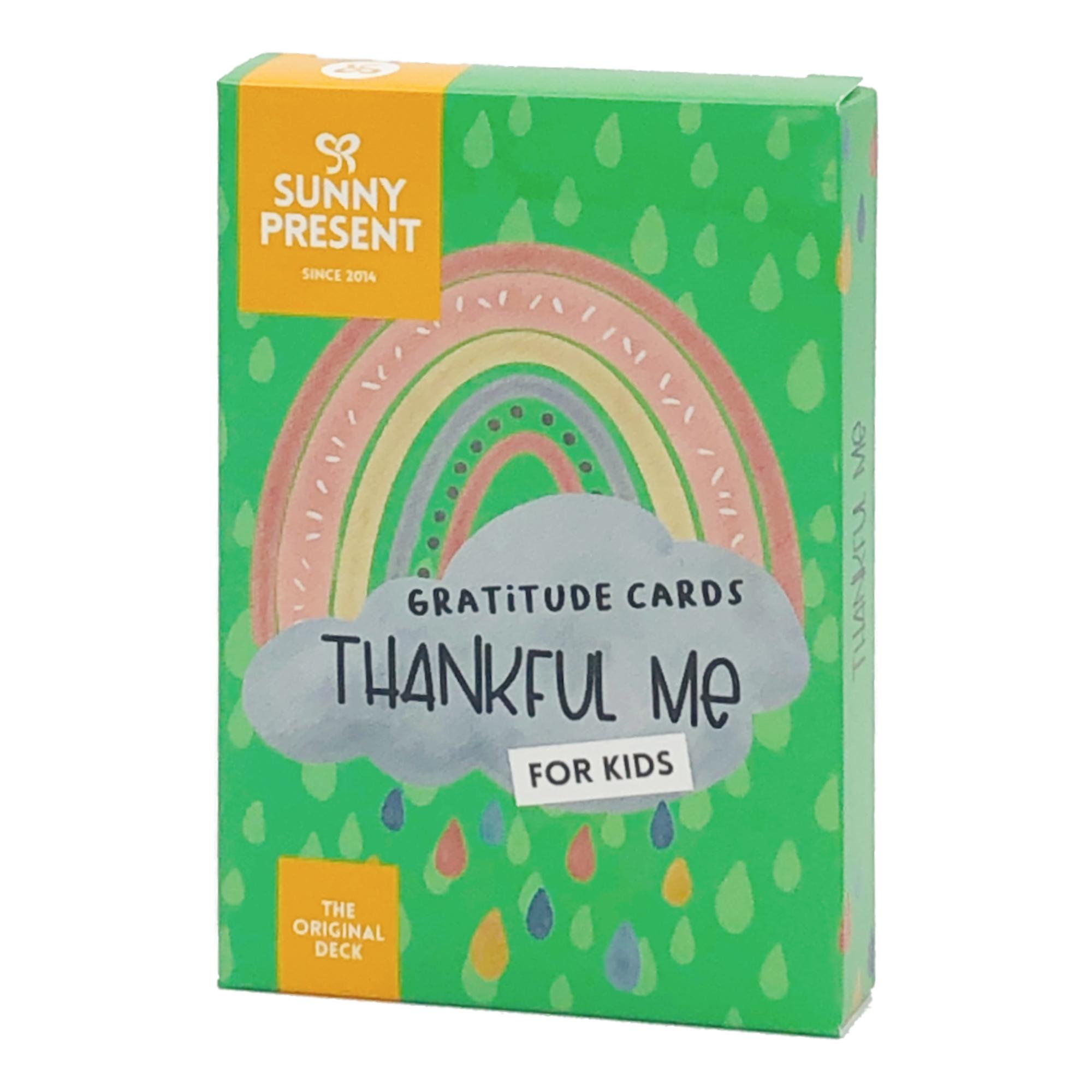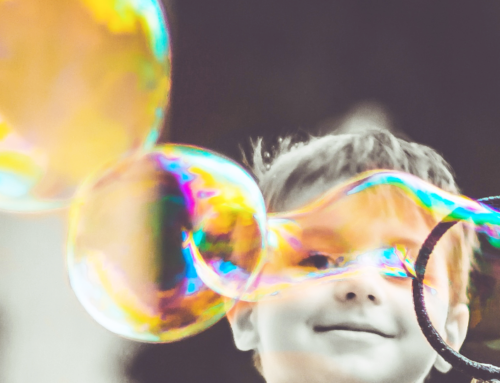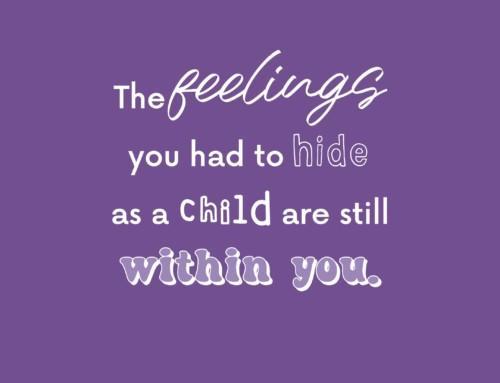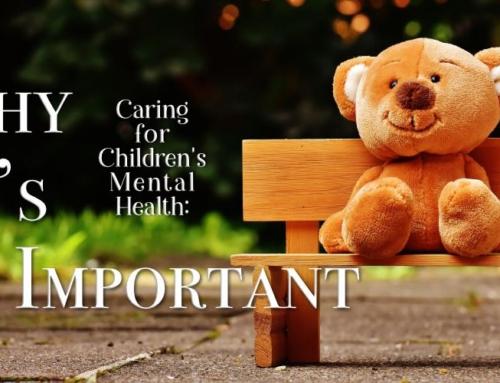We are surrounded by a huge variety of things: some feel boring, some nice. However, our attention easily focuses on what is not well – this has been an absolutely essential skill for human survival. However, scanning for threats, unpleasantries, and “what I don’t have” is exhausting. Also for children. Therefore, when we practise gratitude it is like giving ourselves a holiday from our fight-or-flight state-of-mind.
Gratitude does not mean denying your reality, but rather we take control of what we direct our attention to, as if using a flashlight in the dark. The world is composed of both unpleasant and pleasant things – all the time, at the same time. If we always direct our flashlight and illuminate the misery and unpleasantness, we will be exhausted. Instead, we shift our attention to things that are nice, good and pleasant, and we give our minds a little vacation.
It is also said that one should not sit around waiting for the right moment to be happy, in order to feel gratitude. Rather, one learns to be grateful, which in turn makes you happy. Practising gratitude — that is, noticing the good in what you have — calms us down, because in that moment we feel that things are going well— you realise you don’t need to strain yourself, make an effort, or acquire any more material things. Instead you embrace the here and the now, and just like that, you can achieve peace and happiness.
Here are 6 reasons to teach your child gratitude skills:
- Gratitude calms you down, because you feel like you do not need to be better, do better, or acquire more: here and now, everything is good.
- Gratitude gives back. It feels like a calm sunny day amidst the emotional turmoil and stormy seas of life.
- Gratitude makes you happy. Happiness is, in a sense, a kind of confidence in life. Gratitude gives you a sense of calm, thus also restoring that feeling of trust.
- Gratitude helps to see the good in yourself. It improves one’s self-esteem by directing appreciation towards oneself, instead of only seeing in oneself what is weak or bad.
- Gratitude helps to see opportunities. When one’s mind is not constantly aware of possible failures, threats, or unpleasant things, it is free to see and learn something new.
- Gratitude also helps face difficult feelings. One can learn to be grateful for even the difficult feelings, because they always have a purpose and a message.








